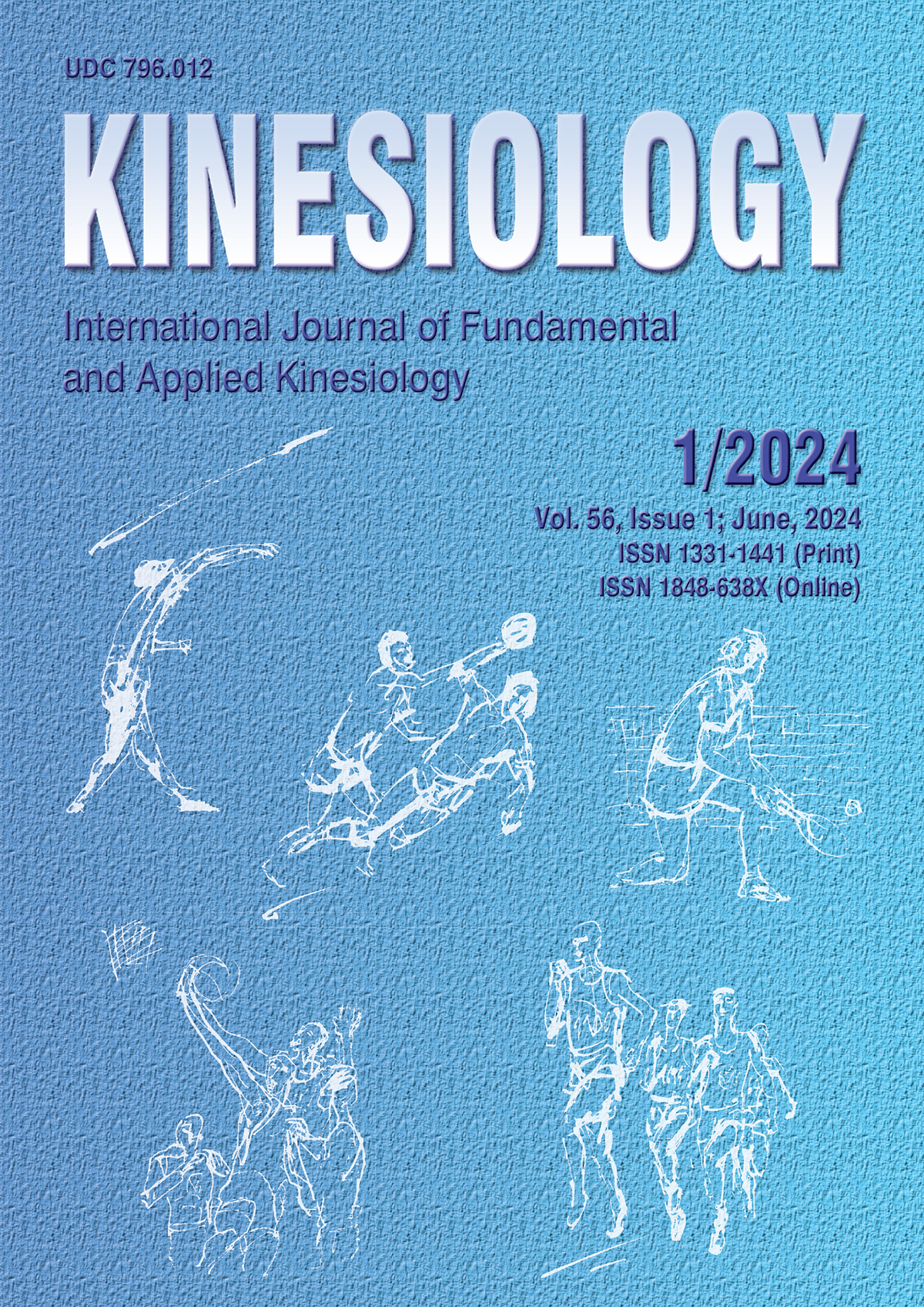CASE STUDY: CARBOHYDRATE SUPPLEMENTATION IMPROVES ULTRA-ENDURANCE PERFORMANCE IN A KETO-ADAPTED INDIVIDUAL
Keywords:
Ketogenic, keto-adaptation, fat oxidation, ultra-endurance, carbohydrate oxidation, rer, carbohydrate feedingAbstract
Ketogenic dietary interventions cause a dramatic increase in fat oxidation, with a growing body of research indicating prolonged ketogenic diets do not impair exercise performance. However, there is neither strong evidence in support of such a strategy. Over prolonged endurance events, the need for carbohydrates becomes increasingly important to prevent glycogen depletion and hypoglycaemia. A case study methodology was used to examine the response of an ultra-endurance runner with experience of events ranging from 60 to 161km (age: 37; stature: 184cm; mass: 80.2±0.8kg; V ˙ O 2max 56.5ml/kg/min; mean training volume 37km/week) to three identical 67km field tests following an 8-week ketogenic dietary intervention. Supplementation protocols comprised an acute carbohydrate feeding on the day of competition (74g carbohydrate [0.92g/kg pre-race], 310g [3.85g/kg] during race), in addition to a condition comprising an acute feed as well as a two day of carbohydrate feed (200g carbohydrate [2.5g/kg] in two day feed, 44g carbohydrate [0.54g/kg pre-race], 310g [3.85g/kg] during race), prior to the event and these were compared to baseline event where no carbohydrate was consumed, within race feeding restricted to low carbohydrate options. Compared to baseline (05:58:47 [hours:minutes:seconds]), the 67km time trial improved in both carbohydrate feeding conditions, with greater performance improvements after acute consumption compared to the two-day feed (05:36:59 vs. 05:42:01). Rate of fat oxidation during 0-15km and 40-45km of the acute condition time trial decreased compared to baseline (0.95±0.32g/min, 0.42±0.24g/min vs. 1.20±0.34g/min, 0.89±0.02g/min), and was greatest during the two-day feed condition (1.52±0.30g/min, 1.37±0.34g/min). Carbohydrate feeding impacted substrate metabolism and improved time to complete ultra marathon performance in a ketogenic athlete emphasising the importance of carbohydrates as a fuel for exercise performance. More research is required to determine the efficacy of this strategy within ketogenic athletic populations, as well as investigating optimal ketogenic dietary practices and carbohydrate supplementation protocols.
Keywords: fat oxidation, RER, carbohydrate feeding, carbohydrate oxidation
Downloads
Published
How to Cite
Issue
Section
License

This work is licensed under a Creative Commons Attribution-NonCommercial 4.0 International License.
At Faculty of Kinesiology we recognize that access to quality research is vital to the scientific community and beyond. Kinesiology is non-profit journal and all costs of publishing and peer review process are covered by the publisher itself or other funding sources like Ministry of Science and Education of the Republic of Croatia. Full text papers are also available free of charge at http://hrcak.srce.hr/kineziologija. There are no restrictions on self archiving of any form of paper (preprint, postprint and publisher's version).
Articles are distributed under the terms of the CC BY - NC 4.0
Kinesiology does not charge any fees to authors to submit or publish articles in our journal.


